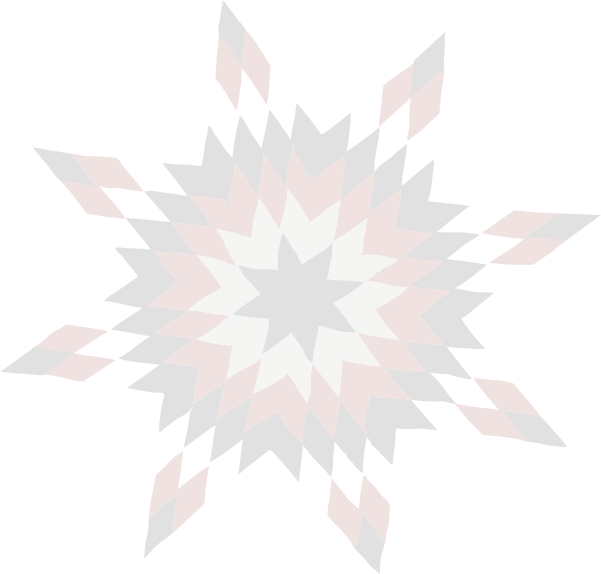Indigenous groups in North America—including American Indians, Alaska Natives, Native Americans, Pacific Islanders, First Nations, and others—are severely underrepresented in the sciences. Statistics from the Center for Native American Youth at the Aspen Institute show that Native learners have the lowest educational attainment of any racial or ethnic group in high school and beyond. Within STEM higher education, the share of undergraduate degrees awarded to American Indian or Alaska Natives has dropped since 2000 from 0.7 percent to 0.5 percent, according to 2018 data from the National Science Board.
This current and increasing underrepresentation of Indigenous groups in STEM is cause for national concern, because it deprives the country of the potential for innovation and transformative solutions that can arise from a diverse STEM workforce. Further, research suggests that diverse voices, such as those of Indigenous students and professionals, contribute to creative and critical STEM enterprise of problem solving. Equally, it is morally imperative to support all individuals, including Native people who wish to pursue STEM education and careers.
To begin to address the underrepresentation of Native Americans in STEM, the American Indian Science and Engineering Society is teaming with the Entomological Society of America, Ecological Society of America, and Botanical Society of America on a five-year project, Culture Change for Inclusion of Indigenous Voices in Biology, supported by a $1.5 million grant from the National Science Foundation. These four nonprofit scientific societies will form a steering committee while also seeking additional input from other professional societies in the biological sciences. The goal of the Indigenous Voices project is to drive organizational culture change among biology professional societies to transform engagement with Indigenous scholars and communities.
In the first year of the project, the steering committee and other societies will define equity as it relates to Indigenous STEM scholars and communities applying decolonization theory. In addition, the project will develop assessment tools for evaluating the current state of inclusion of Indigenous scholars, research with tribal communities, use of Indigenous methodologies, and overall tribal engagement in each organization, as well as benchmarks for change. In the following years, participating societies will implement strategies to increase equity and inclusion of Indigenous scholars and measure progress.
Together our societies and others in the biological sciences can begin to address and correct the severe underrepresentation of Indigenous scholars and communities in STEM. We hope you’ll join us in supporting this effort. If you’re a member of one of the participating societies, stay tuned to member communications for more info on how to get involved, or please contact either of us for more information.
Kathy DeerInWater, Ph.D., is chief program officer at the American Indian Science and Engineering Society (AISES) and a citizen of the Cherokee Nation. She oversees program development, implementation, and evaluation for all AISES projects and engages in research on how to increase success of Indigenous scholars. Email: kdeerinwater@aises.org.
Stacie East is the director of diversity, equity, and inclusion at the Entomological Society of America and will serve as ESA’s lead contact on the Culture Change for Inclusion of Indigenous Voices in Biology steering committee. Email: seast@entsoc.org.
via Entomology Today
